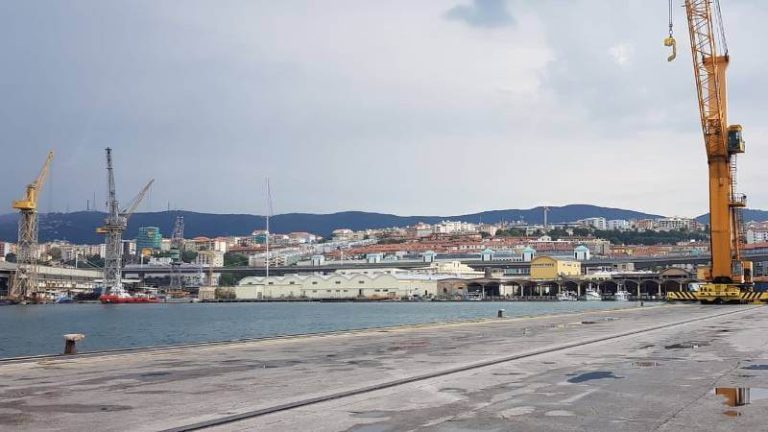
Maritime decarbonization – actions by cargo owners – the shippers’ perspective
In the book (“maritime decarbonisation: practical tools, case studies & decarbonisation enablers”, Oct 2023, book info), experts and industry leaders explore different scenarios, value chain designs, enablers & partnership models to develop frameworks and recommendations on how to effectively work and make progress.
Several in our community have contributed to this book, and F&L’s own input – chapter 21, actions by cargo owners – the shippers’ perspective – shares insight and examples of how different shippers are driving change. Talk to us for more info.

Part 2 – what efforts are required to bring such initiatives to life for the transport & logistics sector?

Part 1 – This article focuses on the most relevant initiatives, the five zero (5Zs) emission initiatives contributing to decarbonizing logistics and transport to place these initiatives into the industry context and reflect on them in light of the ongoing industry discussions and developments. We also indicate what each action may mean for the sector.
Frontrunners share insight
We heard from companies leading the net positive and regenerative supply chain revolution & discuss what we have learned this year, and where we intend to go next. How can we trigger development of the right initiatives and end-to-end thinking?

Read article here – page 18-19
Join the dialogue – click here to register
Read article (Apr 2021) – Prof Alan McKinnon, Philip Evans and Prof Moritz Petersen look at how the case for building back greener is impacting on logistical activities, which collectively account for 10-11% of global CO2 emissions (page 39)
Download article (Feb 2021) – Prof Alan McKinnon balances economic and environmental objectives in logistics, and recommends concrete steps for logistics leaders to take now.
1. Majority of sustainable logistics projects yield economic benefits / 2. Time to act is now – why? / 3. Distinguishing the leaders / 4. Three most cost effective ways to cut carbon / 5. Still low hanging fruit to be harvested / 6. Potential game changers

Download report (Jan 2021) – Insight from more than 90 senior logistics leaders across a broad spectrum of European business into their own companies’ sustainability efforts and their professional views.
1. Strategy development / 2. Target setting / 3. External pressures / 4. Emission measurement / 5. Decarbonisation initiatives / 6. Digitalisation / 7. Supply chain collaboration / 8. Skills requirements / 9. European Green Deal / 10. Impact of Covid-19
F&L’s November conference (2020) shared where industry is at in the journey towards profitability / longevity of organisations and the risk /resilience of the supply chain in that mix. 28 minute update from Prof Alan McKinnon, Wolfgang Lehmacher, Willem Bulthuis and Covestro:
F&L engages with the EU, the World Economic Forum, the World Trade Organisation, the World Meteorological Organisation, the United Nations trade development team, the Global Alliance for Trade Facilitation and a host of others. The goal is not to lobby, but to help build understanding of the very real challenges that supply chain leaders face today so that we can move forward together in the same direction.
Business leaders face moving targets: the challenge of sustaining our organisations into the future, delivering value for all stakeholders, is vast and the scale, scope and complexity of transformation is considerable. By sharing ideas, information, learning and even resources we can achieve things together that we could never do alone.